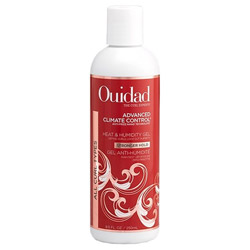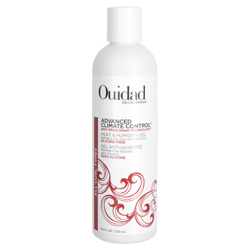2024 (8)
Ingredient: Henna
Getting a temporary tattoo might seem like a fun way to remember an experience, however just because the tattoo is temporary does not mean that it isn't going to be harmful.
Henna for body decorations is made by drying the leaves of a henna plant and crushing them into a fine powder. Water and a little oil is then added to make it into a paste. The paste is applied to the body and it stains the top layer of the skin. The average person will have their temporary tattoo for one to three weeks, or sometimes up to a month.

Because henna typically produces a brown, orange-brown, or reddish-brown tint, other ingredients must be added to produce other colors, such as those marketed as "black henna" and "blue henna." Even brown shades of products marketed as henna may contain other ingredients intended to make them darker or make the stain last longer on the skin. It is very important, therefore, to make sure ALL of the ingredients in the product being applied are safe.
The extra ingredient used to blacken henna is often a coal-tar hair dye containing p-phenylenediamine (PPD), an ingredient that can cause dangerous skin reactions in some people. That's the reason hair dyes have a caution statement and instructions to do a "patch test" on a small area of the skin before using them. Sometimes, the artist may use a PPD-containing hair dye alone. Either way, there's no telling who will be affected. By law, PPD is not permitted in cosmetics intended to be applied to the skin.
Although black Henna may be harmful , other types of Henna can actually benefit your hair. Lawsonia Inermis (Henna) Leaf Extract is found in hair products to promote strength and help seal the hair cuticle. This prevents breaking, and increases the shine and appearance of the hair. This form of Henna can also enrich, color and enhance your hair. Henna products are an excellent form of maintenance of healthy hair.
The bottom line
Black henna is dangerous and you will put yourself at immense risk should you choose to have one on your body. The main ingredient of black henna, paraphenylenediamine, is a chemical which can poison the skin and cause a severe allergic reaction.
In the United States, Henna is approved by the FDA only for use as a hair dye. It is not approved for direct application to the skin, as in the body-decorating process known as mehndi.

 write a review
write a review

 write a review
write a review

 write a review
write a review
